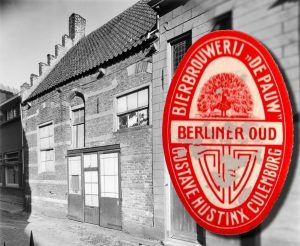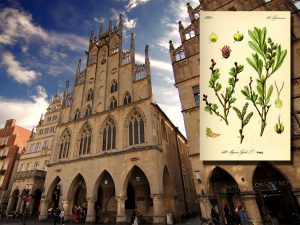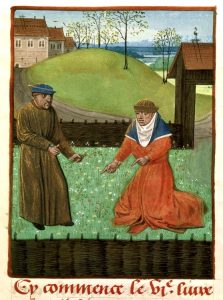Berliner Alt: it sounds German, but it’s a Dutch lost beer
 ‘Do you know this beer style?’ Marco Lauret, brewer at Duits & Lauret, asked me. To his e-mail, he attached a jpg file of a label from a long closed brewery in the town of Culemborg, the Netherlands. A label for a beer called ‘Berliner Oud’. When I receive such a message, I always hope that it will lead to an ancient recipe being brewed again, so I thought: great, I’ll just dig up an old brewing instruction from Berlin, send it to Marco, and my job is done. But.. what exactly was this Berliner Oud?
‘Do you know this beer style?’ Marco Lauret, brewer at Duits & Lauret, asked me. To his e-mail, he attached a jpg file of a label from a long closed brewery in the town of Culemborg, the Netherlands. A label for a beer called ‘Berliner Oud’. When I receive such a message, I always hope that it will lead to an ancient recipe being brewed again, so I thought: great, I’ll just dig up an old brewing instruction from Berlin, send it to Marco, and my job is done. But.. what exactly was this Berliner Oud?







